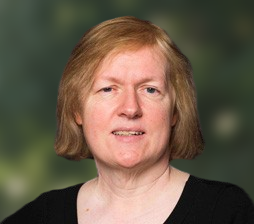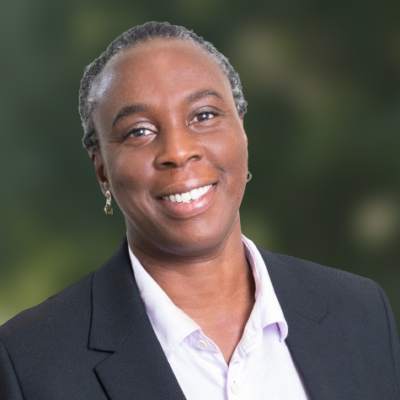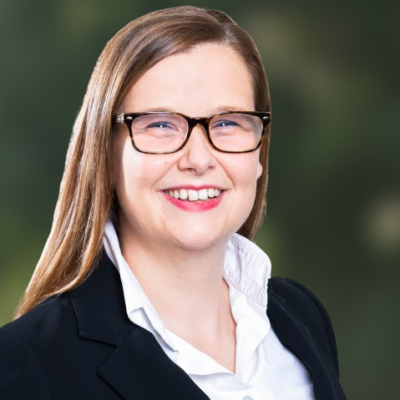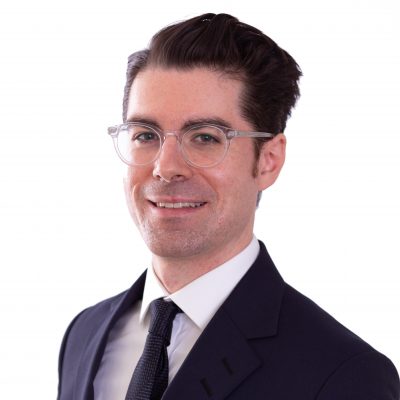23/06/2020
GMC allowed to investigate dual-qualified doctor/solicitor for actions taken in legal practice
In the recent case of Dr Ogunsanya and Taylor Woods Solicitors v General Medical Council [2020] EWHC 1500 (QB), Eady J rejected the Claimants’ application for an injunction against the General Medical Council (‘GMC’) preventing the GMC from investigating the actions of the First Claimant (who is dual qualified as a doctor and as a solicitor) on the basis that the GMC had no jurisdiction because he was acting in his capacity as a solicitor, and not as a doctor, at the time. In rejecting the application, Eady J held that the allegations, amounting as they did to potential allegations of dishonesty, did fall within the GMC’s jurisdiction given their potential to prejudice the reputation of the profession. That there might be an overlap with another regulatory regime (that of the Solicitors Regulation Authority (‘SRA’)) did not oust that jurisdiction.
Factual Background
Dr Ogunsanya (‘the First Claimant’) is a solicitor-advocate and one of two partners at Taylor Woods Solicitors (‘the Second Claimant’). He is also a registered medical practitioner and works part-time as a GP.
In 2018 and 2019, the Claimants acted for Drs Agoe and Ali after NHS England (‘NHSE’) attempted to terminate the contract with their GP practice (‘the practice’). The Claimants also represented Drs Agoe and Ali in a challenge to the decision of the Care Quality Commission (‘CQC’) which had suspended the registration of the practice. There was a four-day hearing before the First Tier Tribunal (‘FTT’) in January 2019, which was unsuccessful.
One issue before the FTT was whether those providing caretaker cover to the practice had agreed to continue doing so whilst the CQC finding was challenged. The CQC alleged that the two doctors were aware that they would be in breach of their suspension if they continued to work. However, Dr Agoe claimed that she believed she was able to continue to work because she was covered by the continuation of the caretaker arrangements. She said she believed this because the First Claimant had told her that he had spoken to one of the caretaker-doctors on 1 November 2018, Dr Jowett, who agreed to provide cover. Dr Jowett denied this account before the FTT. The Tribunal believed Dr Jowett’s version of events, and Drs Agoe and Ali were subsequently referred to the GMC.
In investigating the matter, the GMC also opened an inquiry into the First Claimant, ultimately pursuing two allegations:
- that the First Claimant had stated that he had spoken to Dr Jowett who had agreed to provide cover whilst Drs Agoe and Ali challenged the CQC findings, but Dr Jowett denied that this agreement had been made; and
- that the First Claimant was rude and forceful in his emails with NHSE staff.
The Claimants subsequently applied to the High Court: for a declaration and injunction against the GMC on the grounds that it was acting outwith its regulatory powers in investigating the First Claimant’s conduct as a solicitor; and a declaration that the GMC’s conduct amounted to unlawful interference with trade after the GMC objected to the First Claimant’s representation of Drs Agoe and Ali in an IOT hearing.
Judgment
The High Court (Eady J) rejected the Claimants’ submission that the GMC had no jurisdiction, holding that s 35C of the Medical Act 1983 does not limit impairment to conduct in a specific capacity. The Court accepted that, although the conduct must maintain a link to the profession of medicine (Roylance v GMC [1999] UKPC 16 applied), it can occur outside of medical practice if the conduct would bring disgrace upon the doctor and thereby prejudice the reputation of the profession (R (on the application of Remedy UK v GMC [2010] EWHC 1245 (Admin)).
Eady J held that an overlap between the GMC and another regulator (the SRA) does not oust the former’s jurisdiction. The Court explained that a regulator has the right to investigate its registrants, irrespective of whether one of their number is under investigation elsewhere. Though unusual, Eady J commented that this may mean that a professional with dual registration could face two separate regulatory investigations over the same matter.
Turning to the facts of the case, the Court held that the factual dispute with Dr Jowett may, at its highest, amount to dishonesty and could not therefore be said to an improper basis for the Defendant’s investigation, given that it potentially went to the First Claimant’s probity. However, the allegation of rudeness against the First Defendant – which was not well evidenced – was found to be an improper basis for investigation, and a declaration was therefore issued. The Claimants’ allegation of unlawful interference with trade was allowed to proceed as a Part 7 claim.
Commentary
This is another case demonstrating that professionals can be subject to investigations, and indeed regulatory proceedings, by two separate regulators, with other examples including situations whereby a professional is regulated by both a UK and an overseas regulator in respect of the same profession (e.g., Sastry v General Medical Council [2019] EWHC 390 (Admin)).
Advisors will be alert to ensuring that those they act for are not prejudiced by parallel proceedings and be ready to challenge them when they are: for example, see R (on the application of Mandic-Bozic) v British Association for Counselling and Psychotherapy [2016] EWHC 3134 (Admin) where there was a successful challenge to the decision to of one regulator to investigate in a situation where identical allegations had already been adjudicated upon by another regulator.
As noted by Eady J, if the investigation were to proceed further, consideration might need to be given as to the potential unfairness that might arise, including any that might arise due to legal professional privilege issues. However, that was not an issue that required determination that day.
Case summary written by Ryan Ross, Pupil Barrister.
Mary O’Rourke QC and Nicola Newbegin represented Dr Sastry in Sastry v GMC [2019] EWHC 390.
Ijeoma Omambala QC represented the British Association for Counselling and Psychotherapy in R (Mandic-Bozic) v British Association for Counselling and Psychotherapy.







